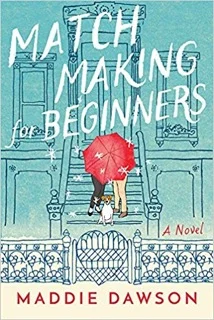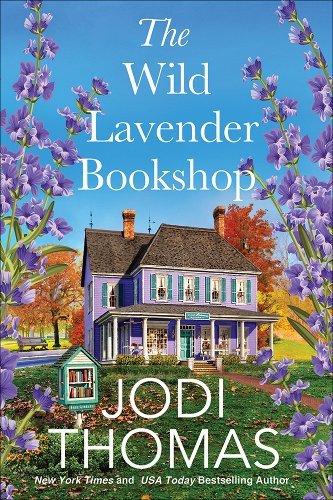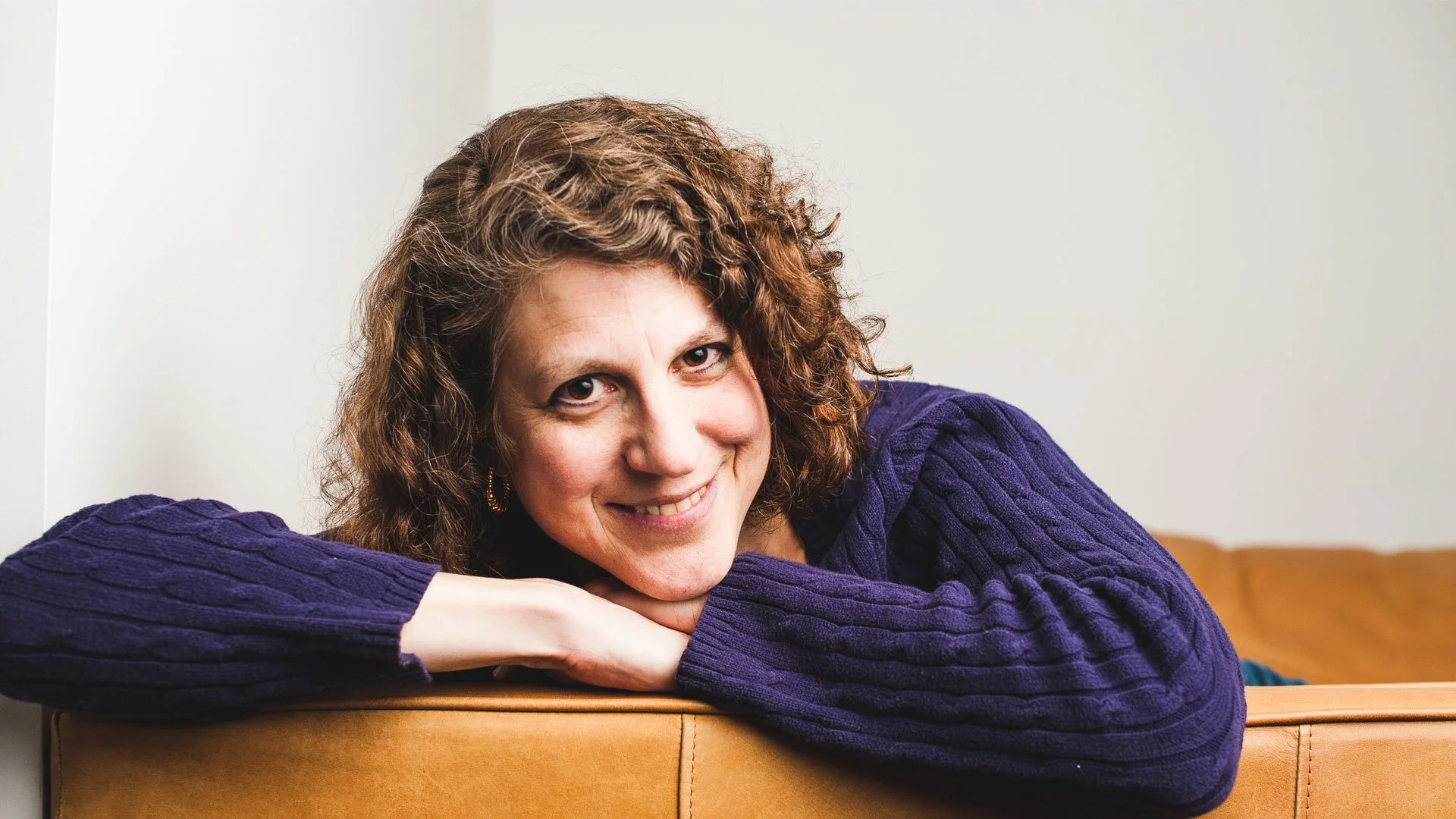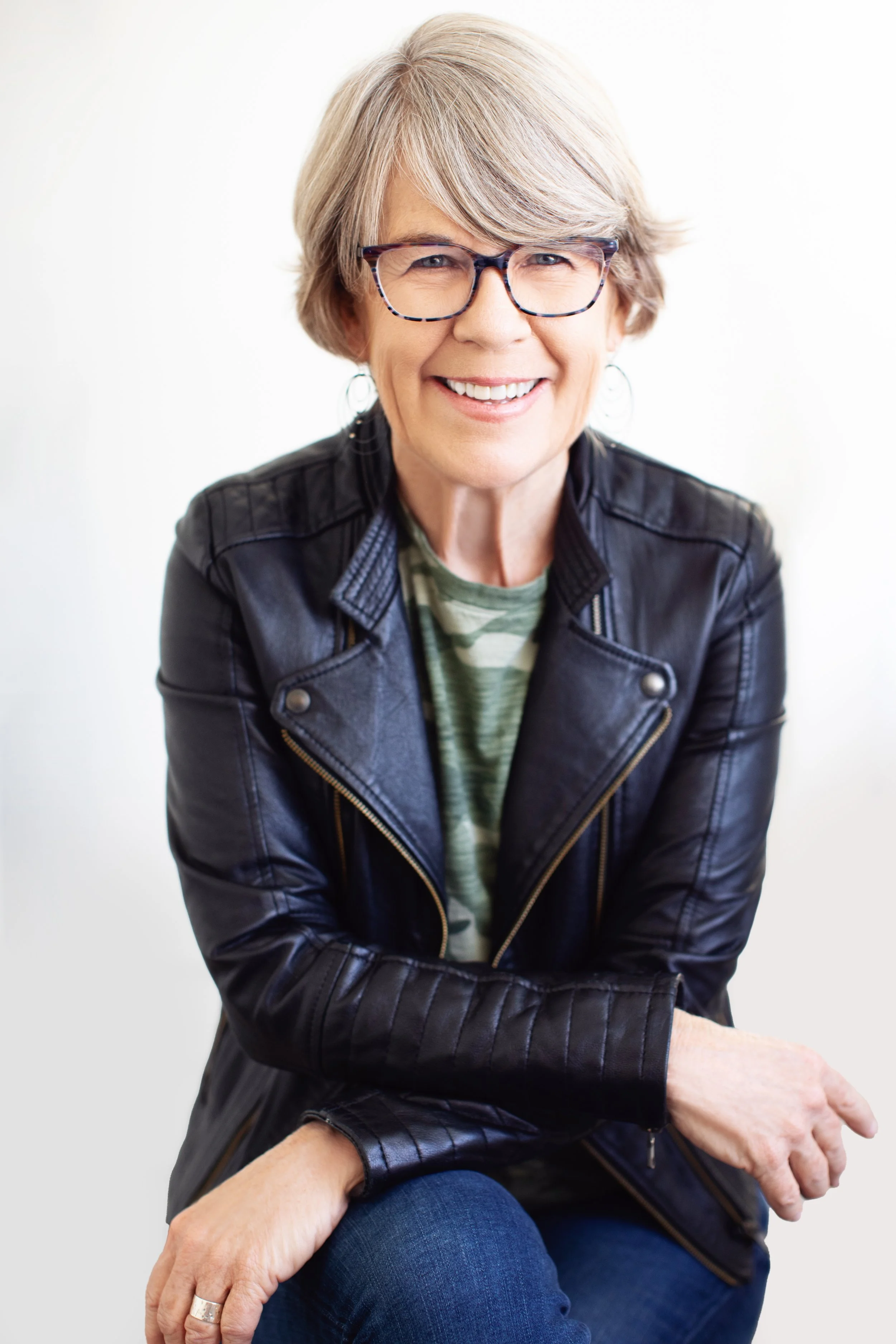Q&A with Stephen Paul Sayers, author of A Taker of Morrows
/What’s your new novel, A Taker of Morrows, about?
It’s about a man who’s visited by a stranger, who tells him he’s got twenty-four hours to live. You see, deaths are scheduled and schedules must be kept. In his desperate attempt to stay alive, he discovers the world isn’t what he thought it was, that it’s actually a battleground between the forces of good and evil from the afterlife, a place where ‘caretakers’ protect earthly souls and ‘jumpers’ prey on them…and now he’s become the prey. And if he’s to keep himself and his family alive, he must straddle the boundary between worlds and face the secrets of his past.
In a broader sense, it’s really a story about the nature of life and death, and the eternal price paid for what we carry in our souls.
What inspired you to be a writer?
I never set out to be a writer, but after a challenge from my daughter, Kaylee, I decided to write her a novel. I figured I’d write something for her, give it to her some holiday or birthday, and it would collect dust on her bookshelf. But when I started writing, a switch turned on inside me, something I’d never felt before, igniting a passion I didn’t know I had. It helped me finally figure out what I wanted to be when I grow up.
But more importantly, it has solidified a real bond between my daughter and me. She’s an amazing writer who has a full length novel under her belt at age seventeen. We now have this shared thing we do together. We talk about story ideas, read each other’s work. She gave me this great idea in A Taker of Morrows that became a key to the series in my opinion. So, she’s my inspiration.
Why do you write in the genre that you do?
My brother and I watched horror movies all the time when we were kids. I think the 70s and 80s were a golden age of horror movies – and we got really into it. That’s also when I discovered Stephen King, and I read just about everything he wrote. That was my base, and no matter what different literary roads I may travel, I always veer back into the genre. Even the horror books I read today transport me back to childhood and reignite those feelings again.
What do you enjoy reading and who are your favorite authors?
I have so many authors I love reading in so many genres. I grew up on a steady diet of Stephen King and Peter Straub, so I got a good horror base. I’m also a big fan of a new generation of horror writers, Joe Hill, Paul Cornell, J. Lincoln Fenn, and Paul Tremblay, so I definitely get my fill. I also love writers of suspense and thrillers, especially Jo Nesbo, Dennis LeHane and Randy Wayne White. I’ve recently discovered Melissa Lenhardt’s “Jack McBride” mystery series, which sort of borders on chick lit, and yet I really like it. So, bottom line, I read just about anything.
What do you hope your readers will take away from your work?
Horror and thriller fiction should be entertaining, number one. I want readers of my work to feel as if the time spent between the pages was a good investment. If they can escape from their world for a few hours, connect to my characters, and feel like they’ve made some friends they’re going to miss when they turn the final page, then I’ve done my job.
On a lighter note, what are the top five things on your bucket list?
Hopefully, I’m not in ‘bucket list’ territory yet, but here goes:
1. Cage dive with the Cape Cod great white sharks
2. Stroll across the Abbey Road crosswalk
3. Drive to Graceland in an RV
4. Own a 1967 Mercury Cougar XR7 convertible
5. Gain the advantage over my Gibson SG






















